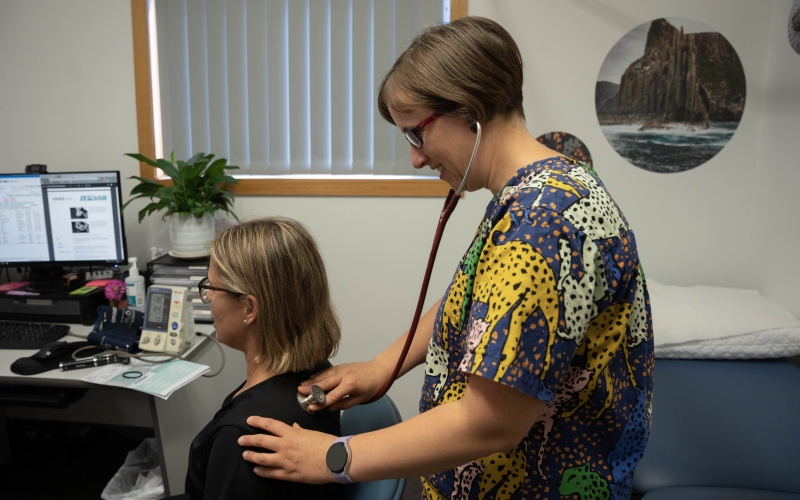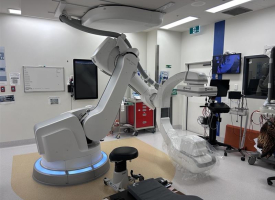Labor's urban GP clinics risk undermining local healthcare providers
The Labor Party’s announcement to expand its policy from funding GP clinics in communities with no access to GP services to now include urban areas like Glenorchy has sparked serious concern among our members.

This policy risks undermining long-standing community clinics that are already providing care in a financially strained environment, due to decades of Medicare underfunding by successive Federal Governments.
There is no doubt that access to primary care must improve. However, government-funded clinics in areas like Glenorchy, already served by at least eight private practices, represent a misguided intervention that could force private clinics to close leaving us with no overall improvement in GP access.
If this policy is in response to closed books or long waits for appointments, the answer is not competing with existing businesses—it is addressing the root cause: we don’t have enough GPs.
Tasmania currently faces a critical GP shortage, with over 100 vacancies statewide, especially in rural and regional areas.
There is deep concern among health professionals about where the government expects to find the workforce to staff new clinics.
Diverting GPs into government-run urban clinics risks cannibalising the existing workforce, adding stress to current practices and threatening closures.
This is not a solution—it’s a reshuffle with damaging consequences.
Subsidising premises and staffing costs for government-run clinics creates an uneven playing field. Local practices that have served their communities for decades and must cover these costs themselves will struggle to compete.
This is not targeted reform; it is market distortion.
If the government wants to intervene, it should do so in communities with genuine market failure, such as Risdon Vale, where no GP service has operated sustainably for years, despite repeated attempts.
The TassieDoc clinics have been sold as 'bulk billing' however this is not bulk billing in the traditional sense, this is the state government stepping in to cover the gap between the cost of what it takes to provide medical services and what the patients Medicare rebate provides.
Competing with local clinics for a limited workforce will force some to close their doors.
This is not the solution to a broken system.
We welcome investment in primary care—but not at the expense of the very clinics that keep it afloat.
Many GPs remain sceptical of the Federal Government’s bulk billing promises, shaped by years of rebates failing to keep pace with the actual cost of quality care. This funding gap—not profit motives—is why many clinics charge gap fees: to survive.
Both major parties must stop chasing headlines and start engaging meaningfully with the health professionals tasked with delivering patient care. The health of Tasmanians and the sustainability of our primary care system demand serious, collaborative policymaking, not patchwork fixes for political gain.
These policies do not demonstrate a clear understanding of what our health system needs, but rather opportunistic grabs for photo opportunities and votes that will only make the health system worse.>>ENDS



